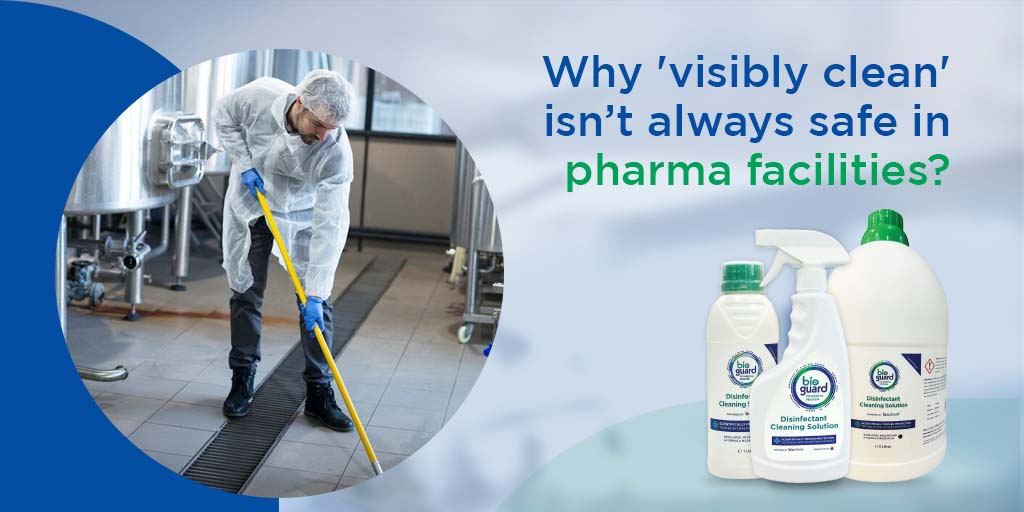
Why 'Visibly Clean' Isn’t Always Safe in Pharma Facilities: The Bioguard Advantage
In the pharmaceutical manufacturing industry, surface cleanliness often deceives. A manufacturing facility may appear spotless yet still harbour microbial contamination, risking product safety and compliance.
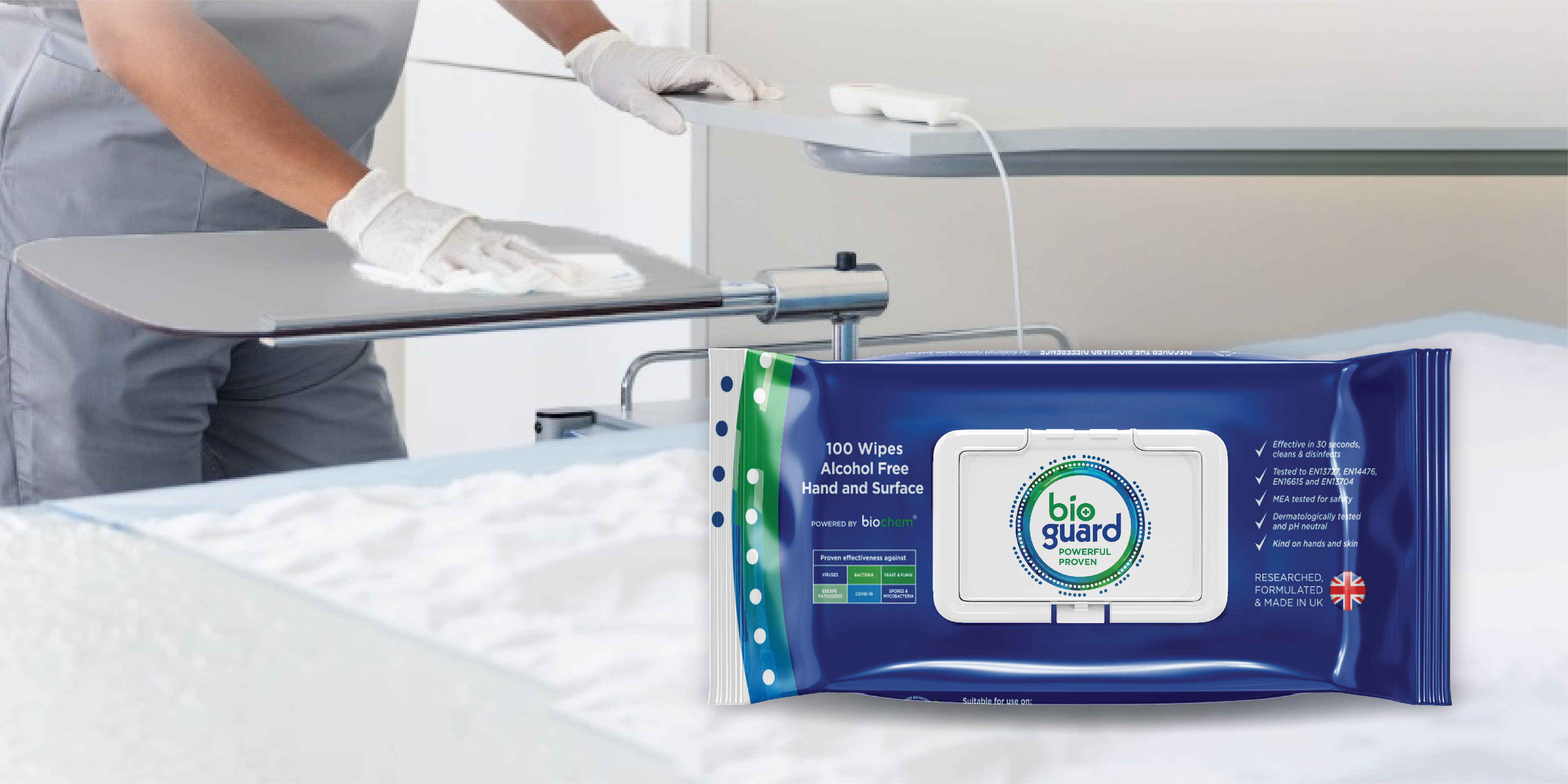
Safe and effective: The benefits of QAC wipes for disinfection
In environments where hygiene is paramount, such as healthcare and pharmaceutical facilities, the choice of disinfectant wipes plays a critical role in infection control.
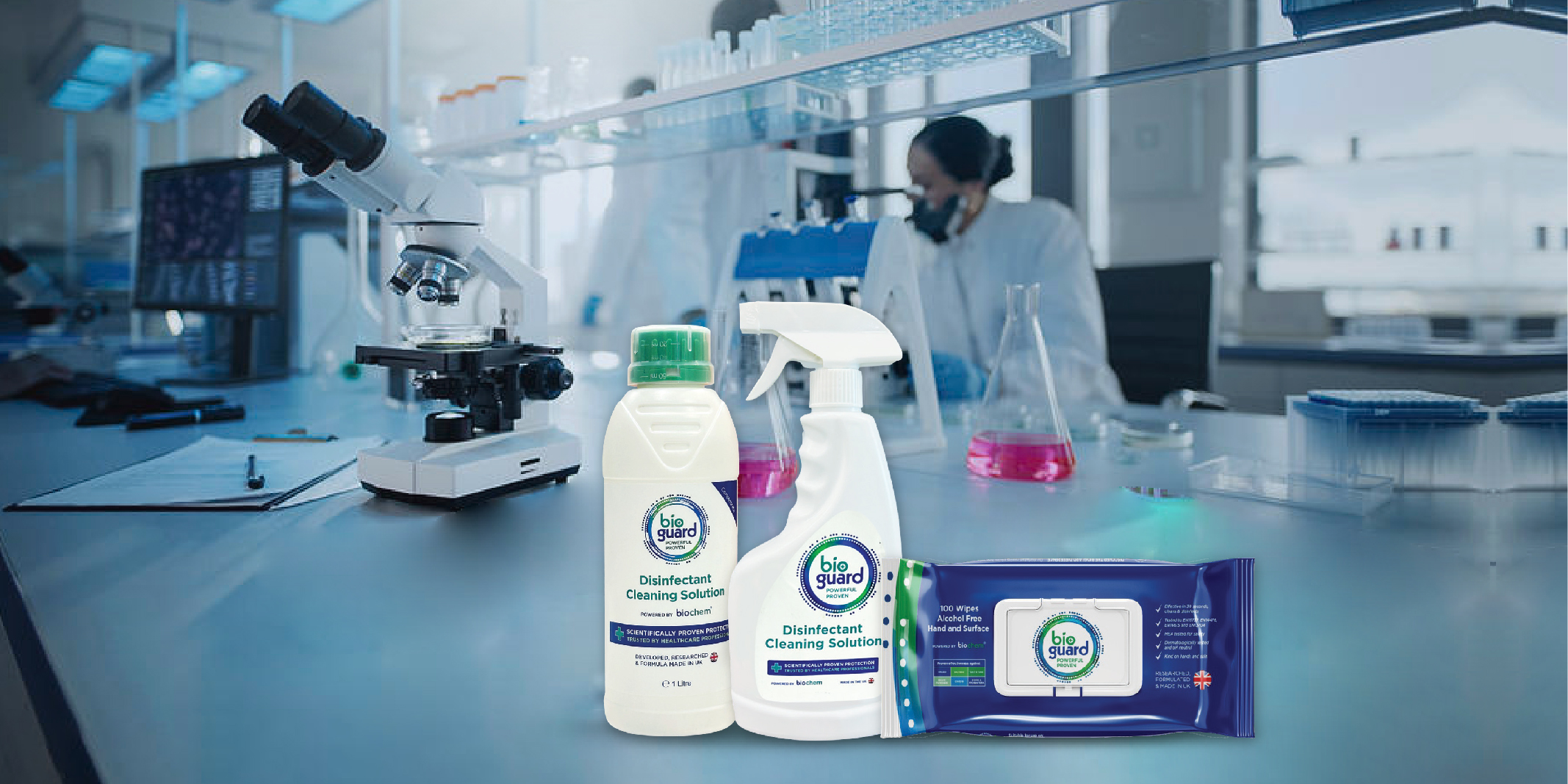
Reducing chemical impact in pharma manufacturing - The Bioguard way
In an industry driven by precision and safety, cleaning and disinfection have long been dominated by hazardous chemical-heavy solutions. But this approach often comes at a cost: higher expenses, increased health risks, damaged equipment and surfaces alongside environmental damage.
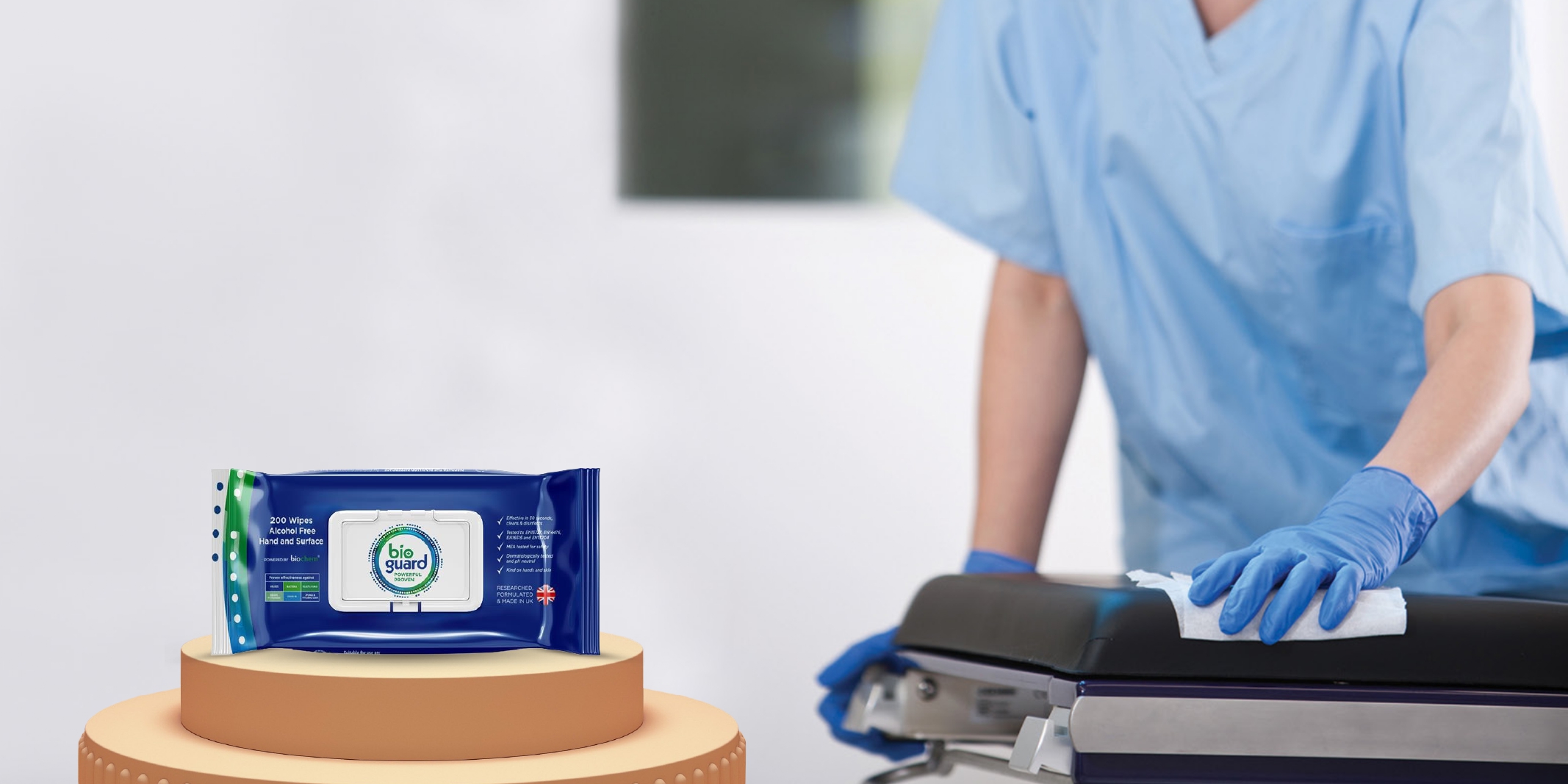
Role of High-Quality Surface Disinfectant Wipes in Hospitals: Fight against Pathogens in OTs, ICUs & Other Critical Areas
In healthcare settings, particularly in high-risk areas such as Operating Theatres (OTs) and Intensive Care Units (ICUs), maintaining rigorous hygiene standards is essential for patient safety.

Antibiotics vs Disinfectants: Clearing the Confusion and Understanding the Critical Role of latest generation of disinfectants
Infection control is the cornerstone of modern healthcare, ensuring patient safety and safeguarding public health. According to the WHO, an average of 1 in 10 affected patients dies from their HAI.
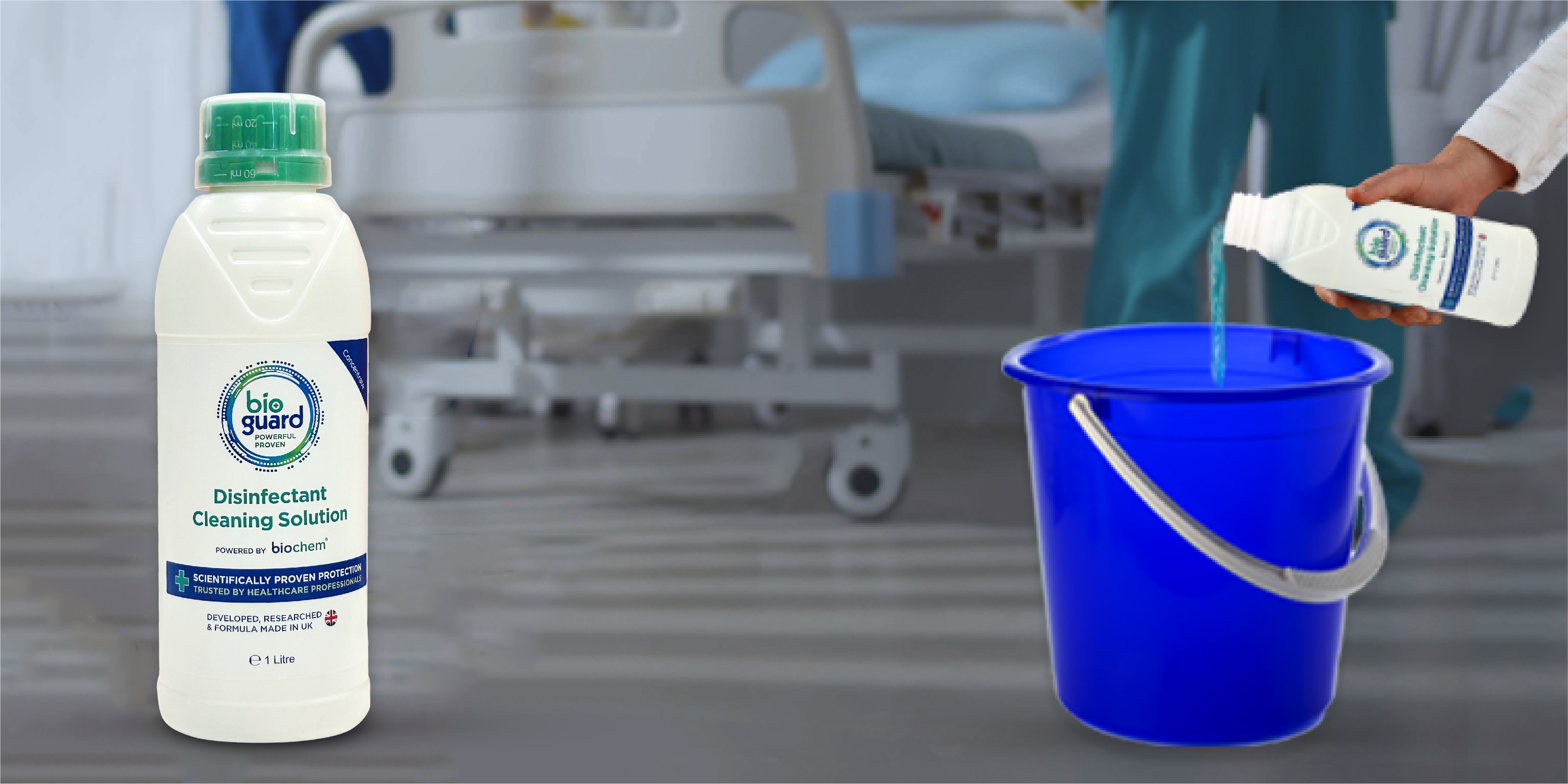
Maximise Efficiency and Revenue with Bioguard's 1-2-3 Power Disinfectant Solution
In the healthcare industry, where cleanliness and safety are paramount, the costs of inefficiency and poor hygiene practices are staggering. Delays in room turnover due to inefficient disinfection methods can result in lost revenue of $2,500-$3,500 per day per room.

The Hidden Costs of Toxic Chemicals in Healthcare Settings
In the relentless battle against healthcare-associated infections (HAIs), hospitals and healthcare facilities have traditionally relied on potent but harmful disinfectants to maintain a clean and hygienic environment. While these powerful agents have proven effective in killing pathogens, their use comes with hidden costs that can undermine their benefits.

Risk of Hepatitis through old generation disinfection protocols & maximizing ROI with next generation disinfectants
In today's healthcare environment, Hepatitis remains a significant threat. Maintaining gold-standard hygiene is crucial for preventing the spread of serious infections like Hepatitis and fostering a safe environment for patients and staff.

Optimizing Disinfection: Aligning with NABH and JCI Standards through product streamlining
In the healthcare domain, ensuring the quality of patient safety is paramount. Patient safety apparently involves disinfecting the hospital premises. However, maintaining these standards involves a structured process of medical audits....
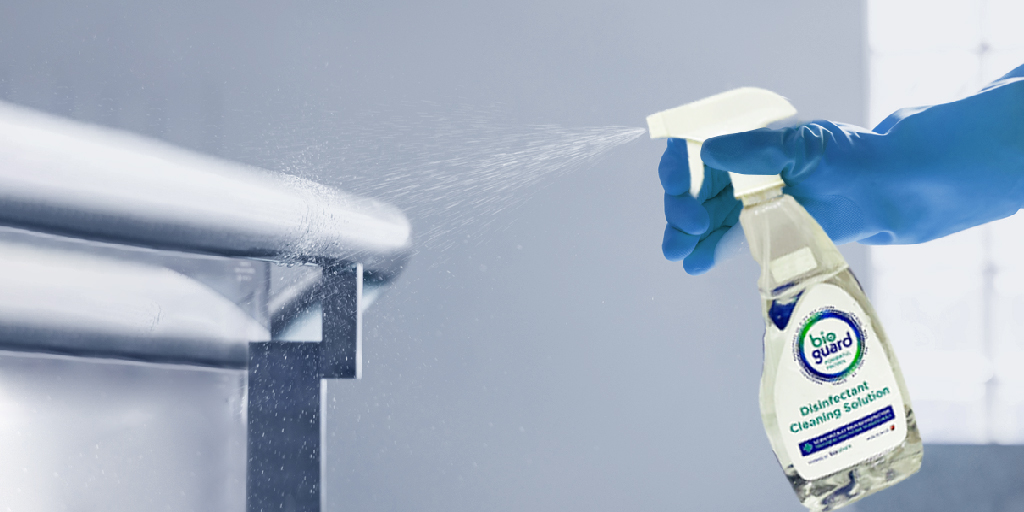
Maintain hygiene with the ideal contact time!
The annual hospitalisation rate has more than doubled from 16.6 to 37 per thousand in India between 1996 to 2014. With increasing hospitalisation, the need for disinfection and cleaning of the healthcare premises is increasing...
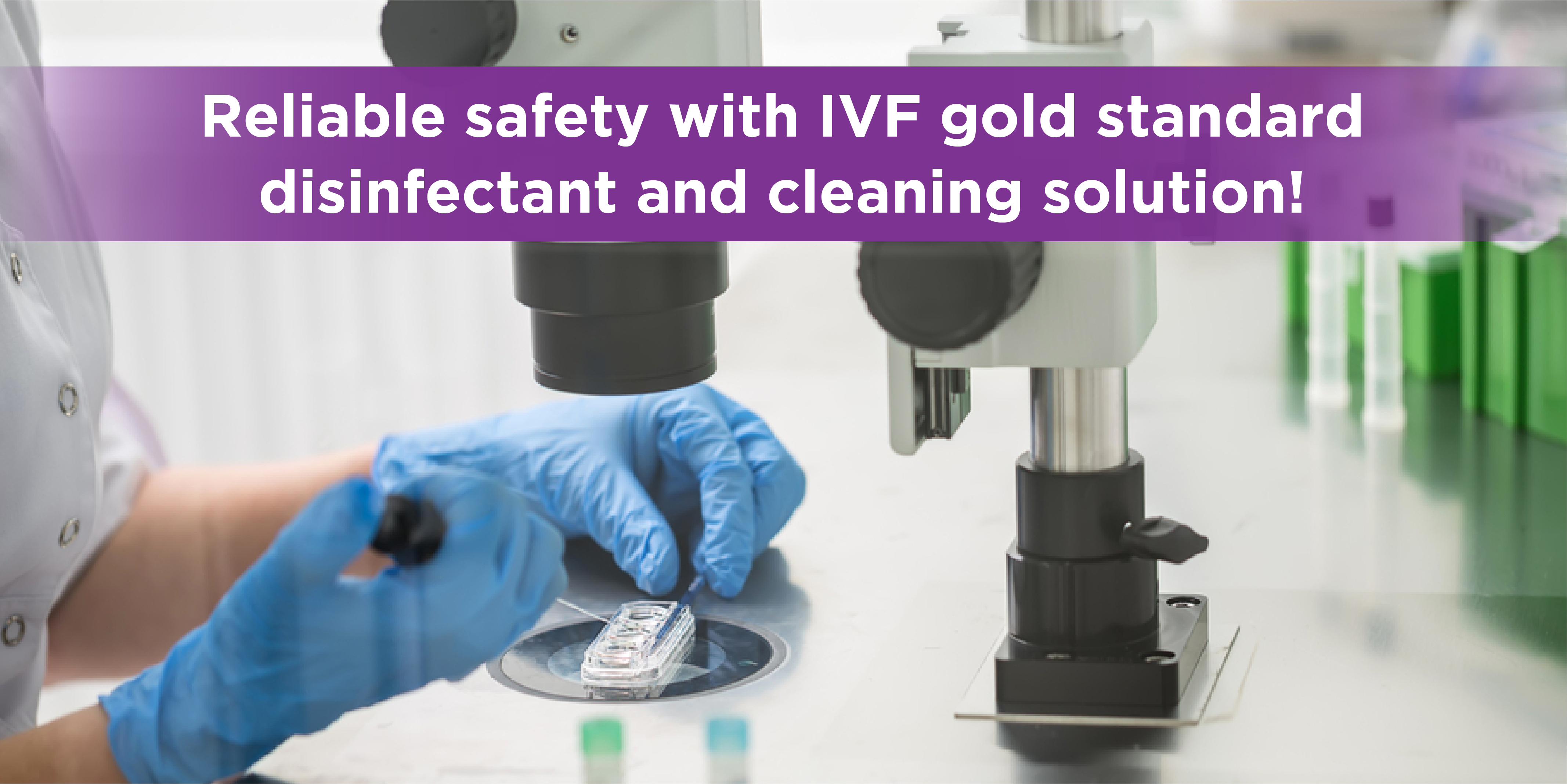
Reliable safety with IVF gold standard disinfectant and cleaning solution!
Did you know? A poorly disinfected IVF laboratory can jeopardize the embryos and dreams of numerous couples...
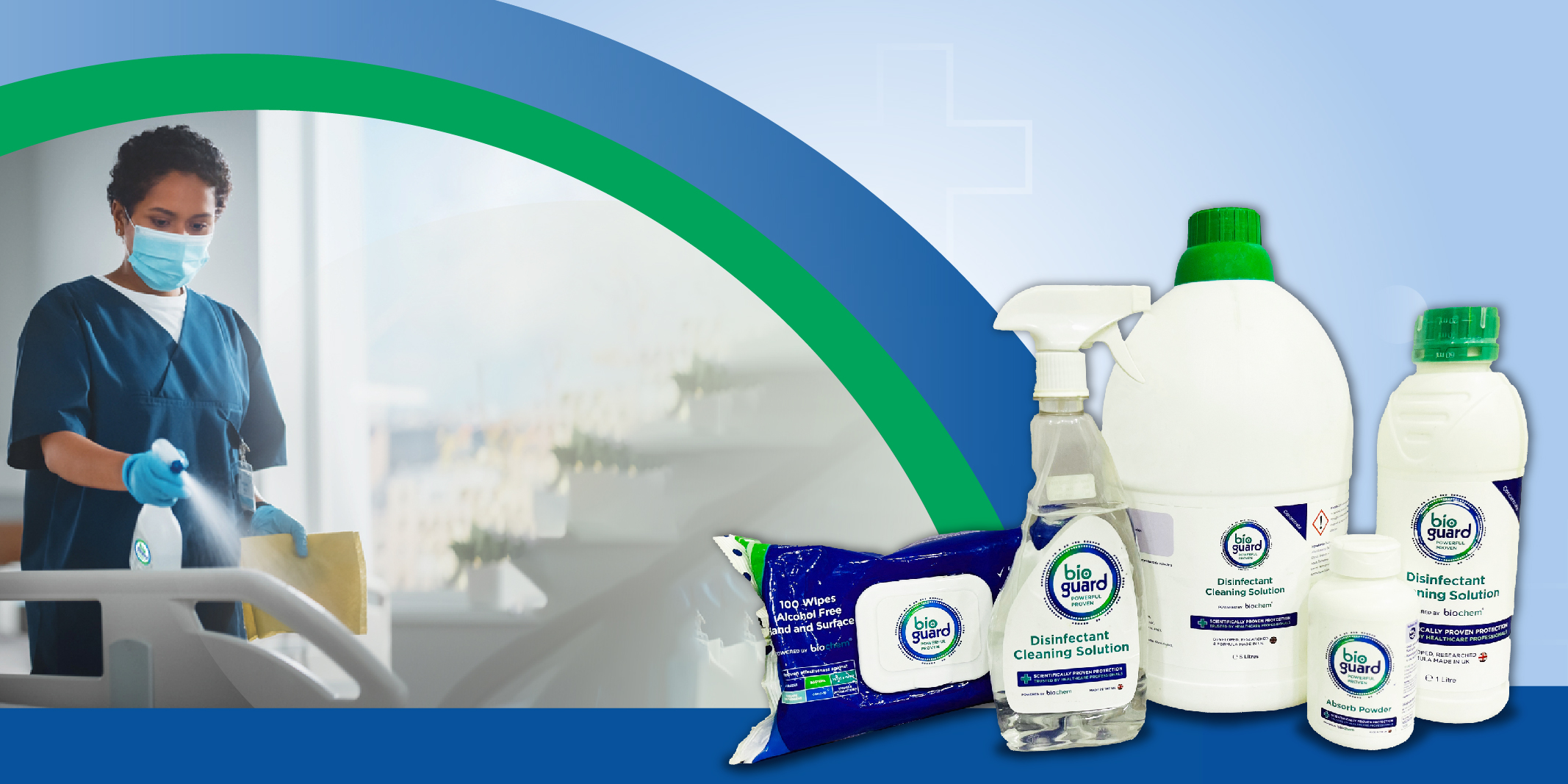
Why Say ‘Yes’ To Easy-to-Use Disinfectants
Healthcare environments deal with various types of infections on a daily basis; prioritising proper disinfection is really important to have positive patient healthcare outcomes...

A Mortality Burden of MDR & ESKAPE Pathogens in Healthcare
Antimicrobial resistance (AMR) is a global crisis, but its impact is particularly devastating in lower middle-income countries (LMICs),such as India. In India alone...

Hepatitis- A High Risk Alert in Healthcare Settings
The global statistics show about 257 million people are infected with chronic hepatitis B (CHB), resulting in 887,000 death per year. Chronic hepatitis virus B (CHB) and chronic hepatitis...
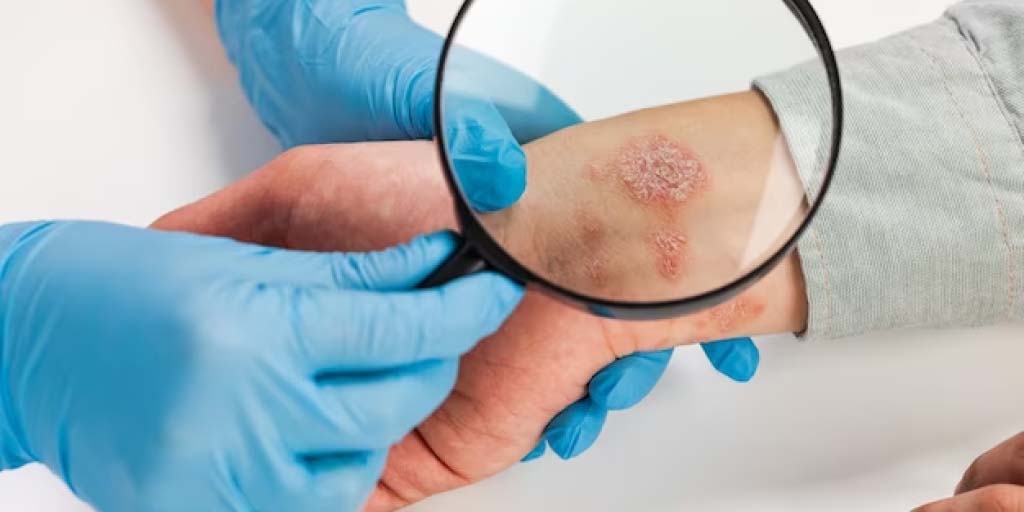
Fungal Infection- A Severe Burden on Health-care Facilities
For a long time fungal infections have posed as a major health hazard to humans, but the threat is accelerating due to global warming. Dr Michael Kurilla, a director of....

Conjunctivitis- A Red Flag in the Ophthalmology Unit
Have you heard? Viral conjunctivitis is responsible for the majority of infectious conjunctivitis, accounting for up to 75% of cases Also, it is one of the most frequently occurring health.....
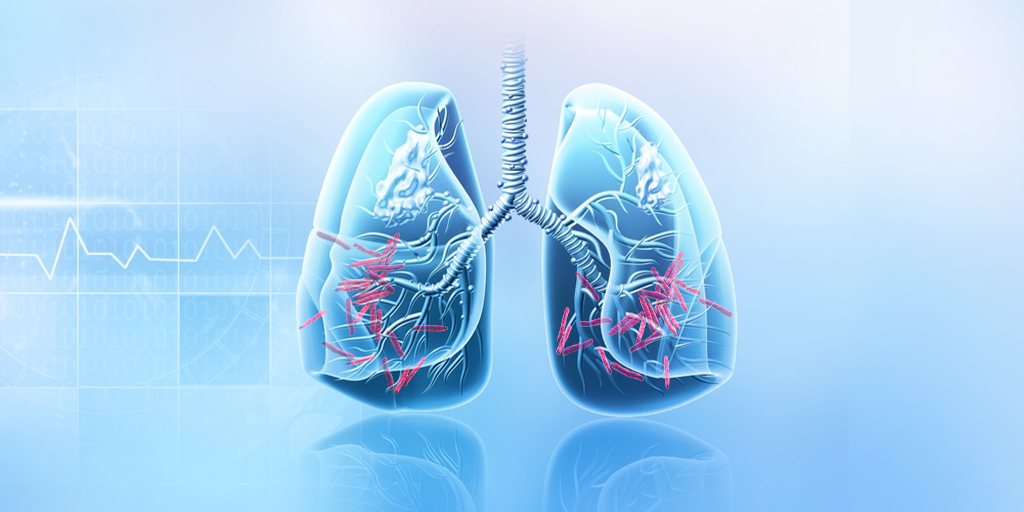
Tuberculosis - Globally, A Leading Cause of Death
Are You Aware? Healthcare settings are the breeding grounds for transmission of Mycobacterium tuberculosis (TB). The prevalence of Healthcare-associated Mycobacterium....

Health centres often make this mistake
Did you know this is an established fact?- HAIs contribute to increased morbidity, mortality and prolonged hospital stays. Some of the common HAIs include surgical site.....
.jpg)
Clostridium spores- AMR menace?
Hospital acquired infections (HAIs) caused by viruses and bacteria are often talked about as being one of the major concerns in healthcare.The tentative expense of individuals infected by HAIs in the Indian healthcare sector, including CDIs, is around.....

New bacteria-eating viruses can curb AMR infections
Did you know? It can take up to 10 years and tonnes of funds for a company to introduce a new antibiotic to the market. However, pathogens are constantly evolving and developing resistance to these new drugs within a.....
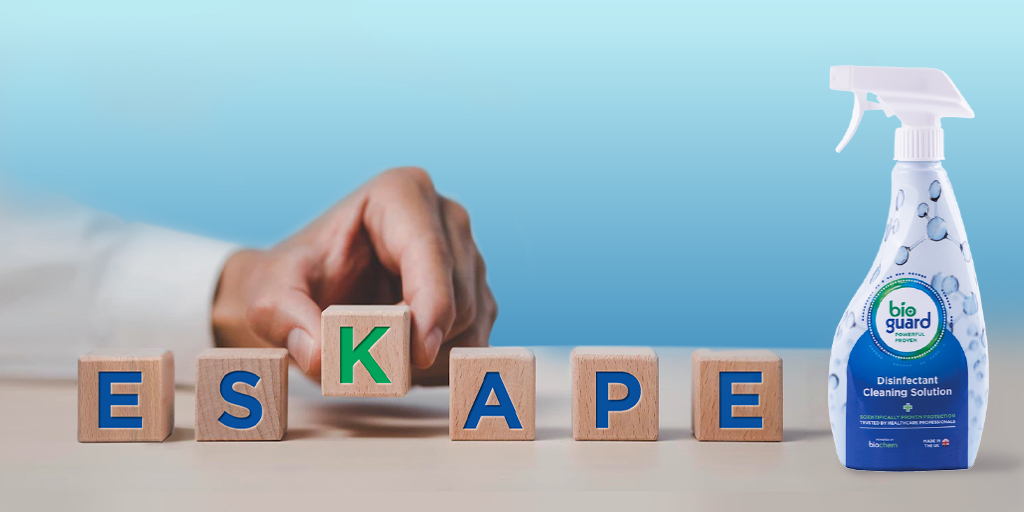
The Biggest Infection Threat- A Farm Or A Hospital?
According to a new research reported in Nature Microbiology, from a microbial standpoint, the hospital is more threatening than a farm. Researchers tracked a deadly.......

Are hospitals over-spending by choosing the wrong disinfectants?
Efficient infection control and hygiene procedures must be a major priority for the medical industry to ensure a good health outcome for patients and to provide a safe working environment for staff.......

Deadly AMR Superbugs - Their Significance and Health Impacts
Mankind developed antibiotics to destroy pathogens that enter our bodies, thereby aiding in recovery. However, as years passed, we became so dependent on these powerful drugs that they are......

Application of disinfectants in Intensive Care Units (ICUs)
Hospital-associated infections (HAIs) are the leading cause of critical illness and death among patients in Intensive Care Units (ICUs), Including Neonatal Intensive Care Units (NICUs) &......

Is it Time to Say GoodBye to ALDEHYDE-BASED Disinfectants
The hospital environment is exposed to various pathogens, including bacterial spores that can survive in extreme conditions, such as radiation, alkalinity, and acidity. These emphasize the.....

Is There An Escape from the ESKAPE Pathogens?
Antimicrobial resistance among both Gram-positive and Gram-negative bacteria has been on the rise in the past few years & become an ever-growing challenge for global....

Evolution of QACs generation
Quaternary ammonium compounds (QACs) have evolved a lot as a biocidal agent & among the most commonly used disinfectants to kill dangerous pathogens. Many commercial....

Alcohol-free Hand Sanitisers: Most Effective for Essential Protection
As we all strive to keep ourselves, families, co-workers, neighbors, and communities safe during the COVID-19 pandemic era, hand sanitizer is necessary to thwart off harmful infectious....

Are Your Healthcare Workers Well Protected
Cleaning and disinfection are integral elements of good hygiene practice within the hospital ward and for personnel to observe. Surfaces must be rendered clean and....


